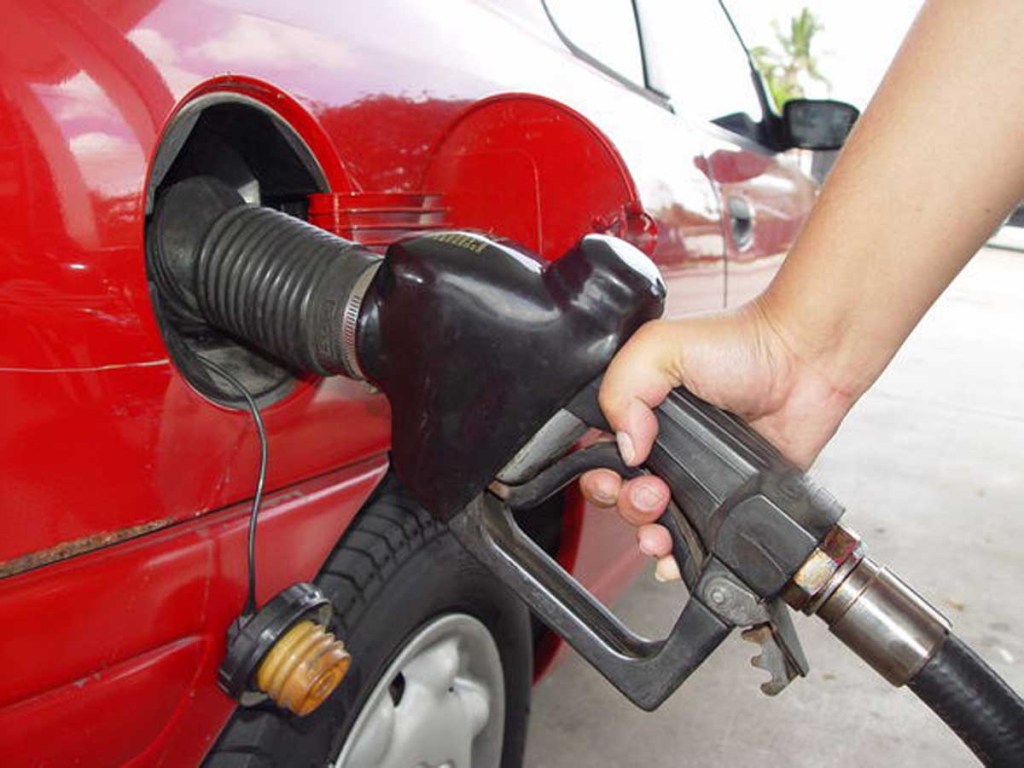ANALYSIS | Why gas tax is best fix for our bad roads
Published 6:00 am Wednesday, October 25, 2017

- Gas
In a market with many buyers and sellers, price plays a key role when deciding how much to purchase and how much to sell. When we go to the supermarket, we expect to pay money for the food we purchase. Sellers use this money to cover their costs and deciding how much to try to sell. Meanwhile, for consumers, price serves as an incentive to be efficient when deciding how much to buy.
Competition is especially beneficial to society because competitive prices tend to reflect seller’s cost, including a reasonable return to investors. In non-competitive markets like public utilities (electricity, natural gas, cable television), the price they can charge is regulated to assure that it reflects their cost, again including a reasonable return to investors.
Trending
While we regulate utilities to achieve reasonable prices, and although we might not be perfectly happy with that price, we cannot but imagine the prices these monopolies would charge us if they were perfectly free to raise them.
This tradition of requiring users to pay works well in our “free market” system. Why don’t we at least approximate this principle when we pay for roads?
Perhaps it’s because government is so involved with roads at all levels – streets, secondary roads, primary roads, and freeways – that we forget that “pay for what you use” makes such common sense. A market system automatically imposes that rule, but we seem reluctant to impose it to finance roads.
Gas taxes are user fees requiring vehicle owners who cause wear and tear of our roads to pay for them. User charges permit financing the repair, maintenance and expansion of the road system without increasing public debt.
The gas tax is not a perfect way to pay for road damage, of course. Likely, hybrid cars and all-electric cars would pay less than their fair share of any gas tax increase. This can be rectified by adjusting annual registration fees. Heavy trucks, of course, do the bulk of the damage to roads, and the “user pays” principle would dictate that they pay a higher rate. However, political pressure prevents most states from levying a tax that requires truckers to more fully pay for the cost they impose.
Some critics of raising the gas tax argue that doing so places a hardship on poor people. It is true, but, offsetting the higher gas tax is the fact that poor people drive older cars that are more prone to breakdown when driven over uneven road surfaces; they would benefit from an investment in better roads.
Trending
Yes, the gas tax is not a perfect analogy to a market price, but these imperfections should not deter us from using market-like approaches as much as practicable; it sure beats borrowing to pay for the roads or leaving the roads in their current deteriorated condition.
Someone must pay for these roads; otherwise they will remain in bad shape. It is estimated that it would cost $1 trillion to bring our roads up to good working order.
Alternatives to the gasoline tax include leaving the roads unmaintained, or raising general taxes unrelated to road use, or borrowing money to fix the roads today and re-paying the debt in the future, using taxes unrelated to road use. Rather than general taxes or borrowed money, user charge-financing for transportation preserves the states’ taxing and borrowing capacity for expenditures that do not naturally lend themselves to user charges.
Borrowing or general taxation also places an unfair burden on general taxpayers – present and future – to subsidize current road users. Why should those who want to drive less be required to subsidize those who want to drive more? For example, many baby boomers are choosing a more urban lifestyle after their kids have flown the nest, and many millennials choose to live in urban areas without owning a car.
Let’s use market principles for roads and get on with fixing the roads and requiring the users to pay.
William L. Holahan is emeritus professor and former chairman of the Department of Economics at the Universty of Wiscnsin-Milwaukee. Charles O. Kroncke served as professor and associate dean of business at the University of Wisconsin-Madison, dean of the School of Business at UW-Milwaukee and dean of the School of Management at the University of Texas-Dallas, and Auburn University. They are co-authors of “Econmics for Voters.”





